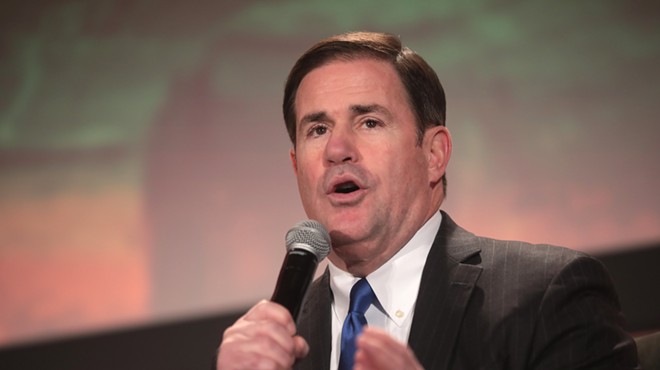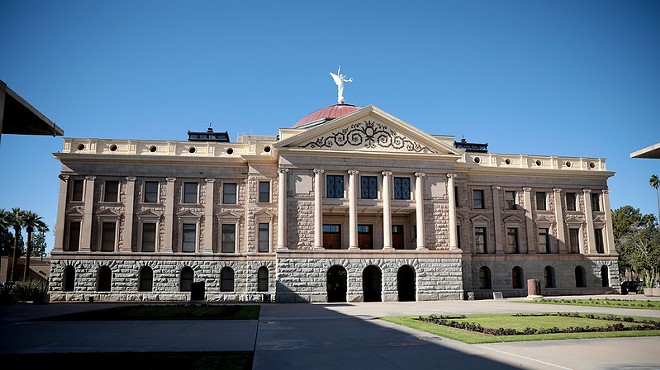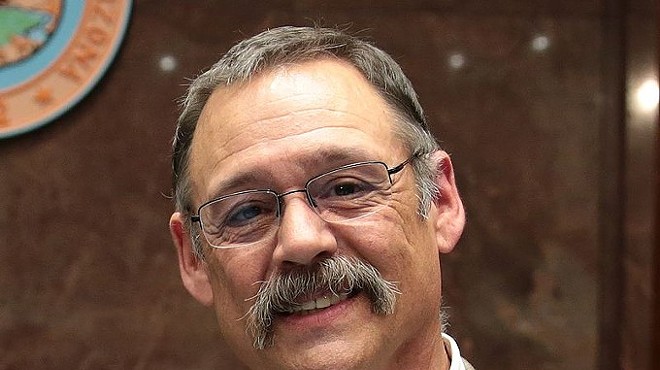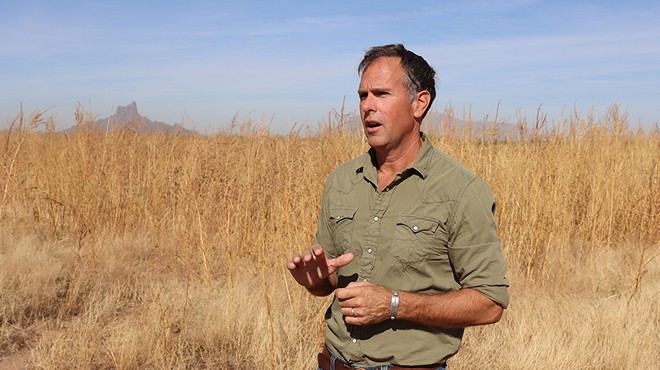Wednesday, March 27, 2013
Rep. Raul Grijalva Seeks Community Input For Immigration Reform
Federal representatives are moving forward with immigration reform.
Congressmen hope to have drafted immigration reform legislature by the end of April. While they originally hoped to have this done by April 8, complexities of workers programs and an equitable visa system have delayed the process, according to CD-3 Rep. Raul Grijalva.
An accelerated DREAM Act, family unification, strengthening the border and improving the trade and commerce relationships with neighboring countries are priorities in the discussion, Grijalva said, as well as a workers program and equity in issuing visas.
Equity in visa distribution refers to a concern that has come up with proposals to issue visas based on people's expertise. These proposals would benefit those with high-tech skills, but create disadvantages to those without.
"As much as I admire the college educated and the technical expertise that they might bring to this nation...I don't think we should sacrifice the historic character of visas, which is family unification, in order to shift that to them. But that's a big demand that my Republican colleagues are making," Grijalva said.
An accelerated DREAM Act would allow students to go through an accelerated citizenship process rather than having to wait as long as others applying for permanent residency.
Yesterday, Grijalva spoke about the direction immigration reform was taking, at a meeting hosted by Border Action Network at The Pueblo Center in the south side of Tucson. Attendees were able to voice their concerns and ask the congressman questions about immigration reform.
Grijalva emphasized that the legislation wouldn't be perfect and wouldn't satisfy everyone's needs. The request for border security has been consistent in the discussion and will likely be part of reform, he added. An audience member questioned the need for more militarization of the border and what the cost of strengthening security would be.
"At the end of the day a decision needs to be made and that's the step where I'm preparing myself because I know at the end of the day it won't be entirely what I want but I also have to think what will [positively] affect the maximum amount of people," Grijalva said in Spanish.
Immigration attorney Maurice "Mo" Goldman and Marla Conrad, a social worker and volunteer for Kino Border Initiative, were also present at the meeting.
Conrad spoke about how deportation affects communities and said that these situations only become more difficult once people are in Mexico. Those deported have few options, Conrad said, such as deciding whether to try to cross again because they don't want to be away from their families, or to bring their family to Mexico, where they are likely in a bad financial situation and don't have a home or a job.
"A wall, helicopters, drones, cartel members, nothing is going to stop them because they have children that are pulling them back," Conrad said.
Goldman discussed the various legal barriers that make it difficult for people to overcome deportation situations, such as bars that make few and rare exceptions to come back to the states legally.
Goldman added that the thought of people legally immigrating to the U.S. and "waiting in line" is unrealistic, as estimates have shown that it could take decades before someone can be immigrated legally.
Some of these barriers are a result of immigration reform decisions made in the past. Goldman said he worries that current discussion of immigration reform only looks at fixing things now and not at the effects of these decisions in the long-run.
"They need to look into the future and see, 'How do we want this country to look? What will be the composition of the United States in 20 years or 30 years?'" Goldman said.
Grijalva said Latinos will play a more prominent role in American economy, culture and politics regardless of the effects of immigration reform.
"Immigration reform that's done right accepts that premise," Grijalva said. "You either accept the reality now and accommodate that reality, integrate that reality. Or you resist it and you still watch it happen."
Tags: immigration reform , Raul Grijalva , DREAM Act , border security , Latinos , visas , family , citizenship













